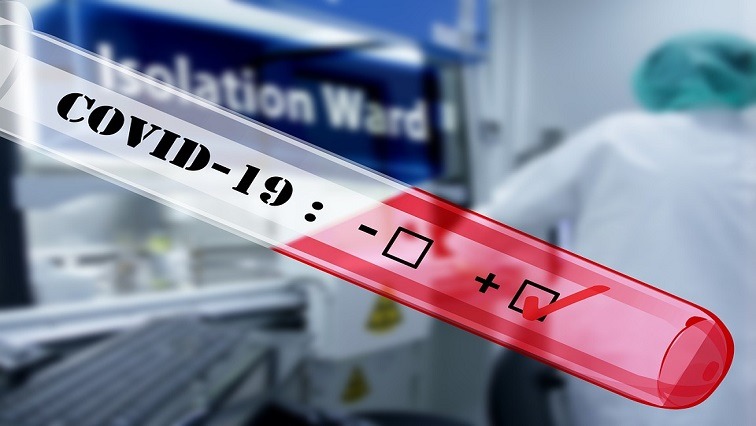There are numerous benefits of meditation that enables many to overcome relapse-inducing stressors and triggers. These benefits include lower levels of stress and anxiety, as well as increased self-awareness and attention span, quality of sleep and lower levels of pain and blood pressure.
In particular, meditation can help addicts recover by giving them more control over the thoughts and impulses that lead to addictive behaviors.
People who meditate can gain a better understanding of how their thoughts and emotions can fuel addiction, strengthen willpower, and control compulsions. Many people find that they are able to reduce the impulses that drive dependencies and habits because meditation requires them to reorient their thoughts.
Meditation on it’s own won’t stop addiction, but they can give many people the tools they need to improve their recovery experiences. Early on in their recovery, a lot of people find that they have a lot more free time.Boredom, anxiety, and other feelings that can lead to relapse can be caused by cutting off relationships with peers who use drugs or alcohol and not using drugs to fill their time.
Meditation improves recovery outcomes by promoting physical and mental health.It not only helps a person reconnect with their inner self, but it also helps them reconnect with other people.The mental and physical clarity required to concentrate on the most important aspects of recovery can be provided by improved functioning.
It can assist in regaining a sense of self-identity, allowing a person to develop a life that does not rely on substance abuse to feel normal. The best part is that it can be practiced at anytime, anywhere, alone or in groups, allowing for self-reflection and joining a supportive community.














